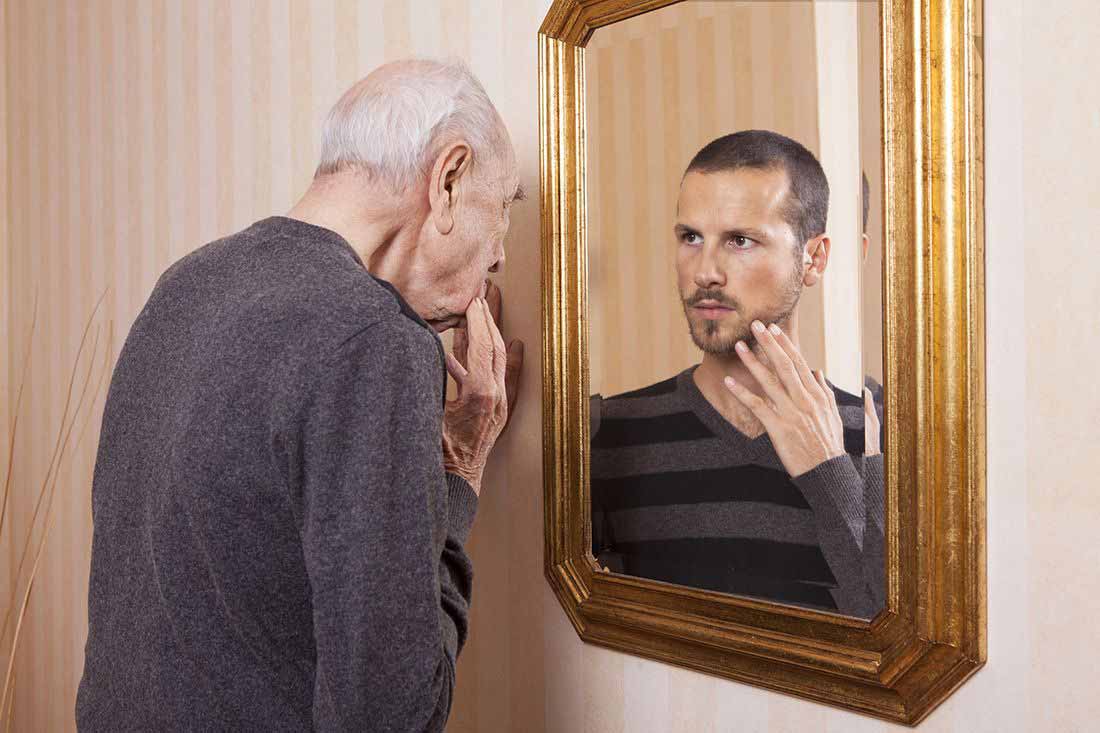A timeless question in search of a temporary answer.
“Who am I?”
Good question. Especially today. Many loud voices on the outside, from all sides, authoritatively tell us who we must be on the inside. Yet, we think, “But that’s not really me! That’s not really the right answer.” For each of us, such a timeless question cannot be satisfied with a temporary answer. “Who am I? That is the question!
As for me through the seasons of my Life, the important answer can range from being simply clear to being profoundly puzzling. When my Life is running smoothly, the answer to who I am may be rather obvious – “Me.” However when Life suddenly strikes a hard blow, taking another big chunk out of my trunk, with it’s never-dull-blade, the answer may be far less obvious. As well, the answer to “Who am I?” may far more depend on which part of Me I am considering: body, mind, brain, spirit, soul; and at what age. Which? It depends.
Body
As a child I was mostly Me, that is, my body. It was growing, learning, improving, with few limits and an endless future. What “I” wanted or needed was of prime importance, and my body often dictated that (as far as I was concerned). Injury to my body was an injury to Me. When my body hurt, I hurt. When my stomach felt empty, I was HUNGRY! But when my body was good, I was good; simple and often taken for granted.
Body & Brain (Mind)
As I grew into adolescence, I began to realize the presence of my brain, which not only dictated the thinking in my head, but also my feelings about my overall body. So I would be happy or sad, content or frustrated, free or limited. My brain and body still were mostly one and the same to me.
In my teens however, my brain became a powerful tool. I was told, “Use your head.” As my body was often controlled by it, able to achieve increasing goals, I would also feel good about myself. Yet when I didn’t feel as strong mentally, I was more easily inhibited in my mind. My own identity periodically came into question. Was I acting as Me? Or was I acting as expected of Me?
Body, Mind & Spirit
Then, in my young adult years I began to ask the common question, “Who am I?” My body had experienced limitations, flaws, and other injuries. I also had experienced mental pain and anguish. My purpose in life was internally questioned. What was I supposed to be (career)? I also began to realize the meaning and impact of mortality upon myself and others around me. It was then that the concept of “spirit” was nurtured. I began to pay attention to the possible real Me; all three combined – body, mind (brain) and spirit (whatever that was).
By mid-adulthood my spirit grew; maturing out of infancy through Life’s challenges. With my own processing and practice in areas of marriage, family and career, my faith became centralized. Through it all I developed a greater sense of my need for wholeness, incorporating all three components of Me.
Later in life, as age really began to creep in, I began to think of myself differently – Me was not my body which was failing, nor was Me my brain, which seemed to function with less capacity and thinking became more negative. It also became clear that Me wasn’t just my “spirit” (soul) which struggled to live in its own maturing worth within my aging body. All three were being tested by the realities of Life – stress, physical and mental sickness and spiritual attack. Depression & Oppression became regular enemies of Me, as awareness of my own mortality grew. Me was being deconstructed.
Who am I now?
Currently, with failing physical and mental abilities, I wonder again, “Who is, Me?” It can’t be just my body. Since contracting my PML disease, my physical limbs don’t work as normal. Additionally, my brain functioning and mental processing seem to have also slowed from what I was used to. Even my spirit (my soul within) seems lacking in strength. Consequently, Me is being greatly challenged! Although my body, mind and spirit seem to combine to make up Me, it is clear that neither one functions alone apart from the other two.
For example: suddenly disable or take away physical parts of my body – am I then just mind & spirit? Is that the real Me? Or, if I were to lose part or all of my brain (“brain dead”) – would I still be Me? Is Ric still there? Finally, without an alive spirit or an awake soul, what then of Me? Would I be “dead,” though physically “alive?” Would I be “awake” though spiritually “asleep? Good question! Really, who am I, now?
Presently, I feel like I am stuck inside my own physical body. As is often said, there is a difference between the age you feel inside, and your actual, chronological, age. How true!
Especially these days, it is not uncommon for me to be willing “in spirit,” while my body is not. It seems there is an underlying, ever-present, tension between the two.
Often what I used to naturally do without a thought, I cannot do, even with my best focused attention. As well, every day I can’t seem to break free of a sluggish mind and an achy body. “Mind over matter” or “pure will power” doesn’t work, even though I pray to be decidedly disciplined and intentionally alert. Consequently, I may be absolutely willing but physically unable.
So, I am having to learn a new pace, a new rhythm, in Life, while often it is said, “Tomorrow is a new day.” This too is wearisome and frustrating; sluggish, to say the least! How can I be who I am supposed to be?
Soul
The word “soul” comes to the fore with greater importance these days. What part of Me will live on after death? What is my soul in view of all this? Is my soul really Me? Who am I? What am I made up of? What part of Me matters most to God? Or do all the parts of Me matter to Him? He is the Creator of Me, after all.
The psalmist firmly questions himself saying, Why, my soul, are you downcast? Why so disturbed within me? Put your hope in God, for I will yet praise him, my Savior and my God. Why are you downcast, O my soul? (Ps. 42:11). Again, good question! The psalmist seems to be having an inner dialogue with himself (which we all genuinely have). What part of Me is enough outside of me to speak to Me?
Conclusion
The part of me that will “live on” after death will certainly not be my current body (including my brain). Nor will it be my mind or thinking, as it is connected with my brain. That too will “pass away.” All that seems left is my soul, which is daily renewed (2 Corinthians 4:16).
In the Scriptures we are told, Love the Lord your God with all your heart and with all your soul and with all your mind and with all your strength. (Mk. 12:30). Does this mean to love God with all that is “you;” every part of you; your whole “self?” Likely so. The emphasis seems to be on “all,” not the individual parts themselves. I am to love God with all, not part, of me.
So, as long as certain parts of me are functioning as designed, then they are to be engaged together in this, willful, intimate, relationship with God. But if certain parts are somehow hindered or even removed, the inner Me, my spirit or soul, can still be engaged. For it is there that I truly live. Through active faith in Christ Jesus, the Son of God, I will intimately live on; no longer confined within an ailing, deteriorating body, and separated from Him, but liberated from it and with Him.
However, Now, Today, is what matters most! While I am still able to love, I must engage all that I am with all that God is. I must continually seek all that He is with all that I am. Who I am (my identity) must rest entirely on Him; who He is. My hope, even in seasons of despair, must rest entirely on Him. My full weight of faith and trust must rest upon Him.
I may not understand with certainty or true clarity how I am Divinely designed or created. Such will likely remain illusive to me despite all the scholarly and theological explanations available.
So I lean in to this mystery with a soul that still cries out for an understandable answer. Meanwhile this I do know, I am not alone in this questioning cry.
Yes the question is timeless. So is the answer. Temporary simply will not do.
Bless the Lord, O my soul, and all that is within me, bless his holy name!
~ Psalm 103:1
—RWO/MAST







Comments by Ric Ochsner